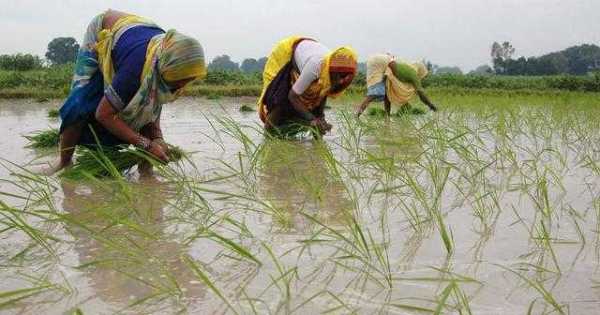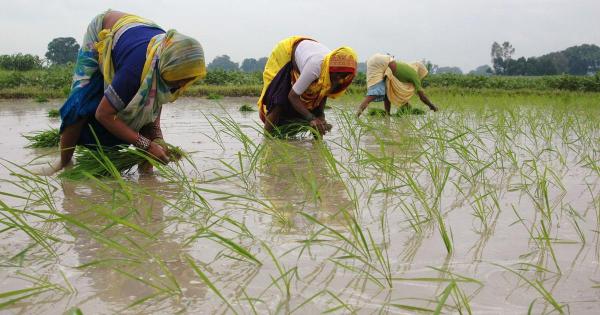

No account of the changing social relations in rural India would be complete without at least a cursory reference to the role of the State and its widespread welfare programmes. One such programme was the National Rural Employment Guarantee Act (NREGA), legislated in September 2005 by the United Progressive Alliance government following significant pressure from its Left allies. As it happens, the Act was passed under the stewardship of the Minister of Rural Development Raghuvansh Prasad Singh, a long-term comrade of Lalu Prasad Yadav and one of the founding members of his Rashtriya Janata Dal (RJD).
NREGA represented a constitutional commitment on the part of the Indian State to guarantee the “right to work” by providing at least one hundred days of wage employment in a financial year to any household whose members demanded work. By 2009, the programme had been expanded to all 600+ districts of the country. Budget documents suggest that the Government of India spends over 8 billion US dollars annually on this programme, nearly a third of the World Bank’s annual outlay. As a State-owned, well-resourced, demand-driven rights-based programme, NREGA was indeed a bold attempt anywhere in the world to affect a transformative social protection policy.
The fundamental...